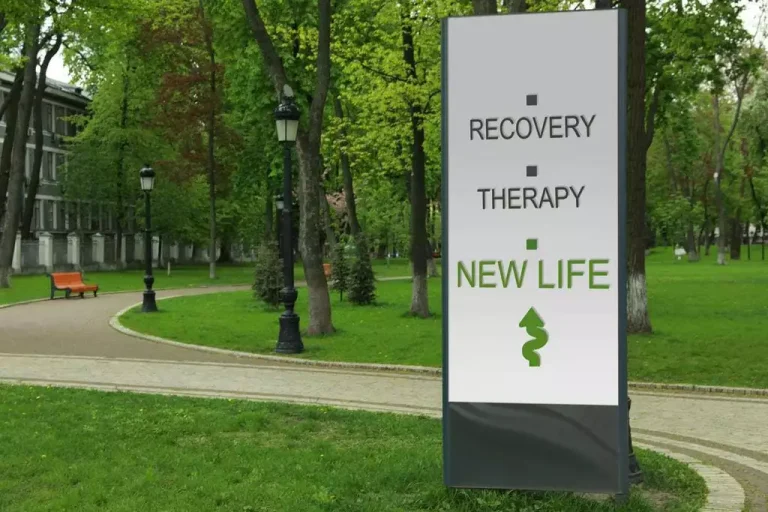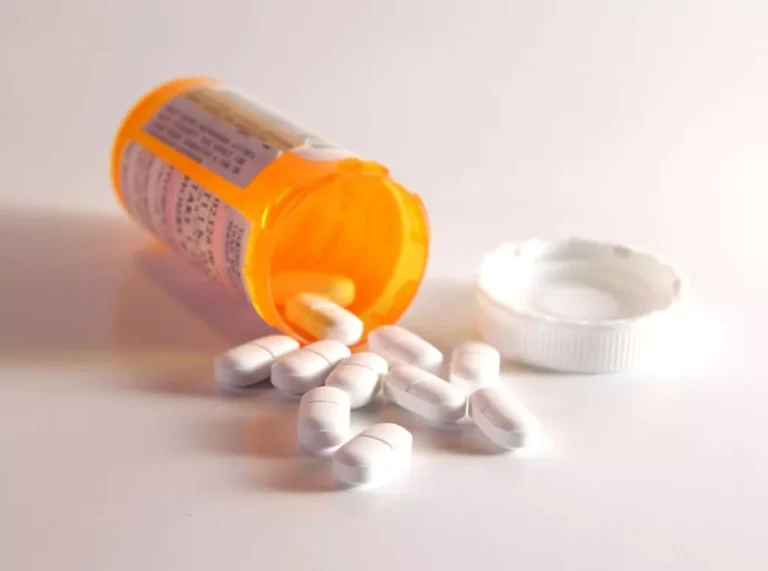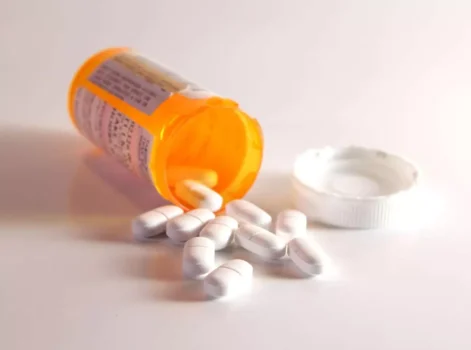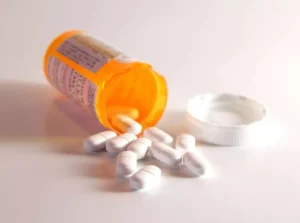
They enable individuals to prioritize Sober living house their own recovery while maintaining supportive relationships. Dating during early sobriety can present significant distractions from recovery efforts. Newly sober individuals are often still navigating the complexities of their personal growth and the healing process. Engaging in romantic relationships can amplify insecurities, drawing focus away from developing a robust recovery regimen.

How to repair relationships in recovery?
Discover how to stop drinking naturally with holistic strategies, including nutrition, meditation, and lifestyle changes. Discover what is the reversal of opiate activity, its mechanisms, effectiveness, and impact on opioid overdose deaths. Discover if herbs can help with benzo withdrawal and explore natural remedies for a smoother journey. Dive into the dangers of purple heroin, its impact on health, and the battle against its regional spread.
Robert Downey Jr.s Triumph over Drug Addiction
Healthy relationships foster trust and provide an outlet for open, honest conversations. Meeting people who value you and your sobriety can inspire you to remain committed to your recovery and encourage positive personal growth. These relationships offer valuable perspectives and accountability in the recovery journey.

What Is the Mortality Rate of Alcoholism?
As they engage with peer support workers, individuals often find a renewed sense of hope and motivation to overcome their challenges. For more insights on emotional well-being in recovery, consider exploring developing emotional intelligence in recovery and more ways to develop emotional intelligence relationships in recovery in recovery. Building and maintaining these relationships requires open and honest communication. When individuals in recovery can express their feelings and needs assertively, it not only aids in navigating triggers but also helps prevent situations that may lead to relapse (Resolute Recovery). Creating a robust support network is essential for individuals on their journey toward recovery from addiction.

- The cycle may continue if these children grow up to repeat the patterns they experienced in their families.
- Take the time to reflect on your past behavior and identify the people you have harmed.
- Whether you’ve been in recovery previously or this is your first attempt, why should they believe you now?
- As your recovery journey progresses, you may find that relationships bring new opportunities for growth and fulfillment.
- This magnifies the impact on relationships—there are more negative experiences and fewer positive experiences in relationships.
- But therapists are not keeping up with climate-related mental health issues, Strum said.
Substance abuse often damages trust and erodes respect within relationships. However, when in recovery, individuals have the opportunity to rebuild these vital elements. Consistently staying sober and making amends for the past can restore trust and respect, creating a solid foundation for healthy relationships. Such communication skills are instrumental in reinforcing their support network (Resolute Recovery).
Some facilities have aftercare programs, which provide social activities for patients in facilities. Healthy relationships involving honesty, for example, can encourage partners to support or inspire individuals to communicate about substance abuse. Partners can include boundaries to discourage post-recovery relapses if this applies to their partner. Positive partnerships can thrive as the individual in recovery can develop healthy social circles, thus creating healthy connections. Healthy relationships can help individuals struggling with addiction to avoid negative attachments to people who bring out the worst in them. Engaging in toxic relationships can create feelings of frustration, unnecessary stress, and conflict.